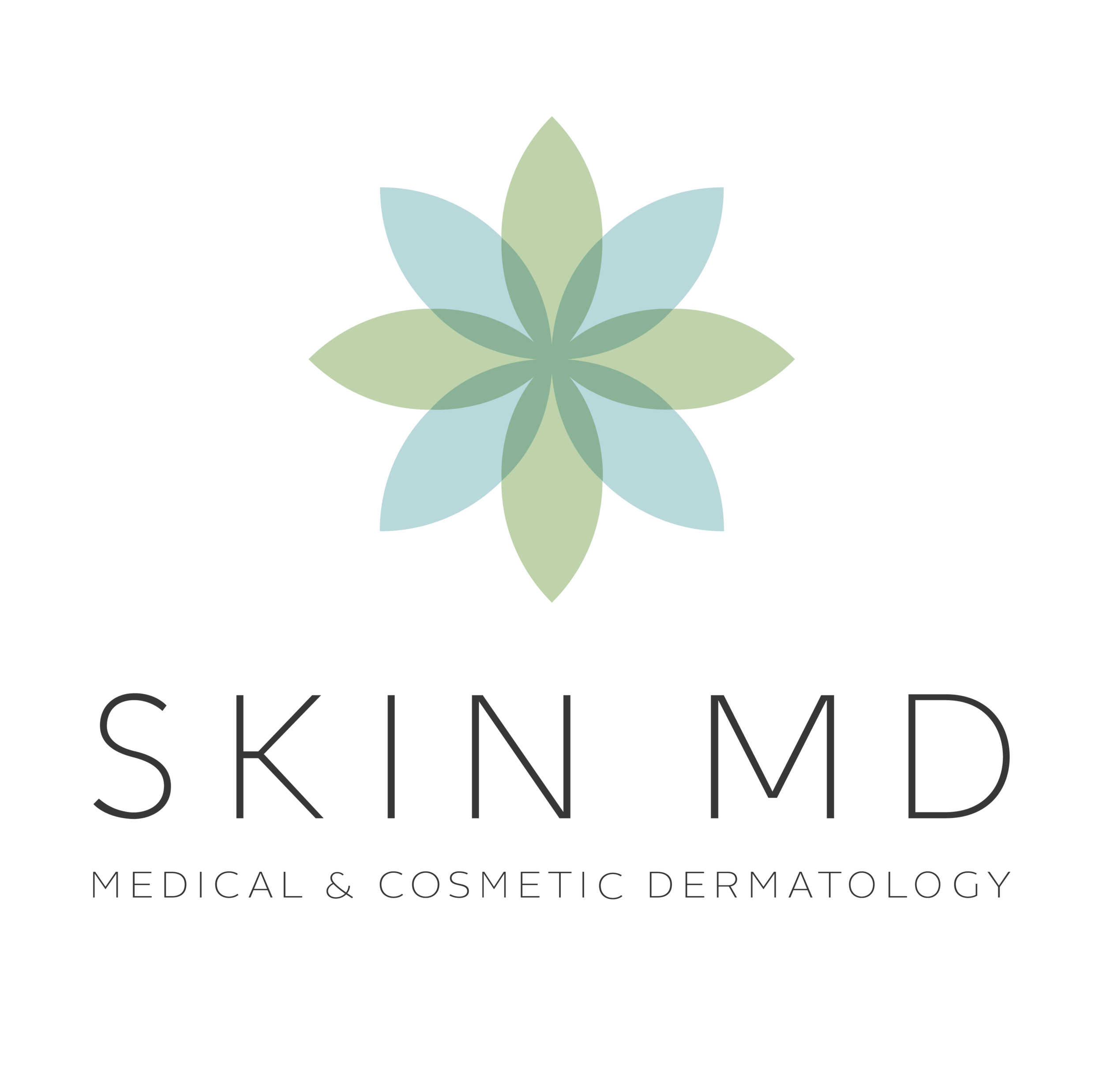Road to Recovery: Rosacea Treatments That You Must Know
Rosacea is a skin condition wherein the blood vessels of the face are enlarged and lead to the flushed appearance of the nose and cheeks. Pus-filled bumps similar to acne may also appear as a result of the condition. The cause of rosacea is still unknown and there is still no cure for it. Fortunately, there are various rosacea treatments available that can help minimize its symptoms.
If you are dealing with rosacea, here are some of the useful information you need to know, including the steps that you can take to help manage its symptoms.
Overview
Many people have a poor understanding of rosacea as a long-term skin condition. It is relapsing so people with rosacea can expect periods when symptoms are at their worst and there are also days when symptoms are less severe.
Rosacea symptoms mainly affect the face. Usually, redness is more visible on light skin and less obvious among people with dark skin. Aside from episodes of flushing where facial redness becomes imminent for a short period, other symptoms of rosacea may appear as the condition develops. These symptoms may include:
Spots (papules and pustules)
Raised red skin patches/plaques
Burning and stinging sensation
Facial swelling
Increased visibility of small blood vessels in the skin
While there is still no permanent cure for this condition, there are steps that can be taken to control its symptoms. Here are the rosacea treatments that you need to know.
Rosacea Treatments that Can Help Manage Symptoms
Rosacea Medications
Medications intended for rosacea treatment are available to control its signs and symptoms. The type of prescription drug to take will depend on the symptoms being experienced. Different medications or drug combinations are available for the management of symptoms. Ideally, they must be accompanied by good skin care.
Some of the prescription drugs for rosacea treatment include:
Topical drugs
Ideal for mild to moderate rosacea, topical drugs may be prescribed to reduce flushing. These medications come in cream or gel form and are applied to the affected skin. They cause blood vessel constriction and effects take place within 12 hours after use. However, reapplication of topical medicine must be done regularly as its effects are temporary.
Some of the topical drugs that may be used for rosacea treatment include:
Brimonidine (Mirvaso)
Oxymetazoline (Rhofade)
Azelaic acid (Azelex, Finacea)
Metronidazole (Metrogel, Noritate, others)
Ivermectin (Soolantra)
Oral antibiotics
An oral antibiotic may also be prescribed for rosacea treatment. Usually, this is ideal for cases where symptoms include moderate to severe bumps and pimples.
Oral acne medications
These medications may be prescribed if the expected response from other rosacea treatment drugs is not achieved. Oral acne drugs may include Isotretinoin--a powerful oral acne drug that can treat acne-like lesions caused by rosacea. Due to the strength of this drug, Isotretinoin is not recommended for pregnant women because of the serious birth defects that it may cause.
Laser Treatment
Laser treatment is a painless procedure that may be used for rosacea treatment, It targets visible veining and can effectively reduce the appearance of enlarged blood vessels. It helps reduce redness even around acne-like blemishes.
Laser treatment can cause a 50% to 100% reduction in blood vessel visibility after a series of treatments. Laser therapy may be done 3 to 4 weeks apart.
The effects of laser treatment on blood vessels may last 3 to 5 years.
Treated blood vessels won't reappear but new ones may still be formed.
Medications may be prescribed to control skin thickening
Follow-up laser treatments may be done in the future.
Laser resurfacing may also be recommended for the removal of thickened skin.
Aftercare treatment for rosacea includes avoidance of direct sunlight. Wear sunscreen at all times. It is also important to avoid products that contain alcohol, menthol, witch hazel, and exfoliating agents as they may cause skin irritation.
Why You Need to See a Dermatologist Today
Consult a doctor who is experienced in treating a range of skin diseases.
Get the help of experts in rosacea treatment.
Know the best treatment of choice based on your condition.
ALSO READ: Skin Tags Causes: 7 Factors that Put You at Risk
Rosacea is a condition that can affect a person physically and psychologically. Although there is no permanent cure for it, it’s good to know that there are rosacea treatments available that can control its symptoms and prevent it from worsening.
Laser treatment for rosacea is one of the options that can help manage its symptoms. It is intended to control symptoms, prevent complications, and improve quality of life. Ask a board-certified dermatologist today to know how you can proceed with rosacea treatment.
